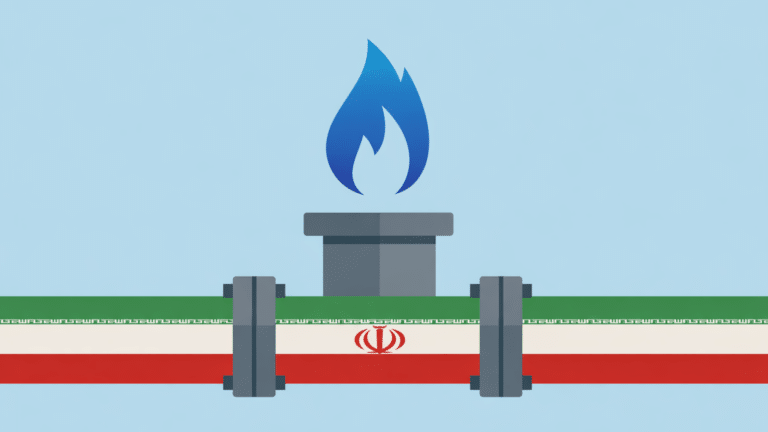Chinese EVs to benefit Canada’s green efforts
With Chinese electric vehicles set to enter the Canadian market, the move could bring significant benefits for consumers, the climate and public health, experts say.
Current Access Level “I” – ID Only: CUID holders, alumni, and approved guests only
Explore independent and nonpartisan research that meets the high standards of academic integrity at Columbia University.
Having enough electricity is key to the nation’s post-Maduro recovery. Two experts offer a way forward.

Elemento decisivo será coordenação estratégica

The decline of domestic fossil fuel production in the United States poses serious economic risks for communities that rely on fossil fuel industries for jobs and public revenues. Many of these communities lack the resources and capacity to manage those risks on their own. The absence of viable economic strategies for affected regions is a barrier to building the broad, durable coalitions needed for an equitable national transition to cleaner energy sources.

Iran has among the world's largest natural gas resource bases, but its ability to supply regional and global markets is constrained by sanctions, underinvestment, and limited export infrastructure.

The United States is at a rare inflection point for nuclear energy, with unprecedented momentum behind deployment and regulatory reform as nuclear becomes central to energy security, AI competitiveness, and state and corporate climate goals.

Multiple US–Iran conflict scenarios carry materially different risks for global oil infrastructure, transit routes, and prices.

China’s crude oil imports hit a record-high 11.6 million barrels per day in 2025, as geopolitical tensions, low oil prices, and global oversupply spurred China to increase its oil stockpiles, a trend likely to continue in 2026.


Iran appears to be a natural gas giant, due to its large proved gas reserves and significant gas production and consumption.

Venezuela holds 70% of Latin America's natural gas reserves, which it could export to Colombia and Trinidad to increase revenues.

Models can predict catastrophic or modest damages from climate change, but not which of these futures is coming.

The US intervention in Venezuela may jeopardize both the flow of discounted Venezuelan oil to China's teapot refineries and the role of Chinese oil companies in Venezuela’s upstream business.

In discussing the dramatic seizure of Venezuelan President Nicolás Maduro and his wife, Cilia Flores, over the weekend, President Donald Trump declared that the United States would now “take back” the country’s oil. Yet he has offered little clarity on what exactly this means.

The country could see a relatively rapid recovery of some oil production, depending on the leadership that emerges.

Early on 3 January 2026, the United States launched a military operation to arrest President Nicolás Maduro and remove him from Venezuela.
